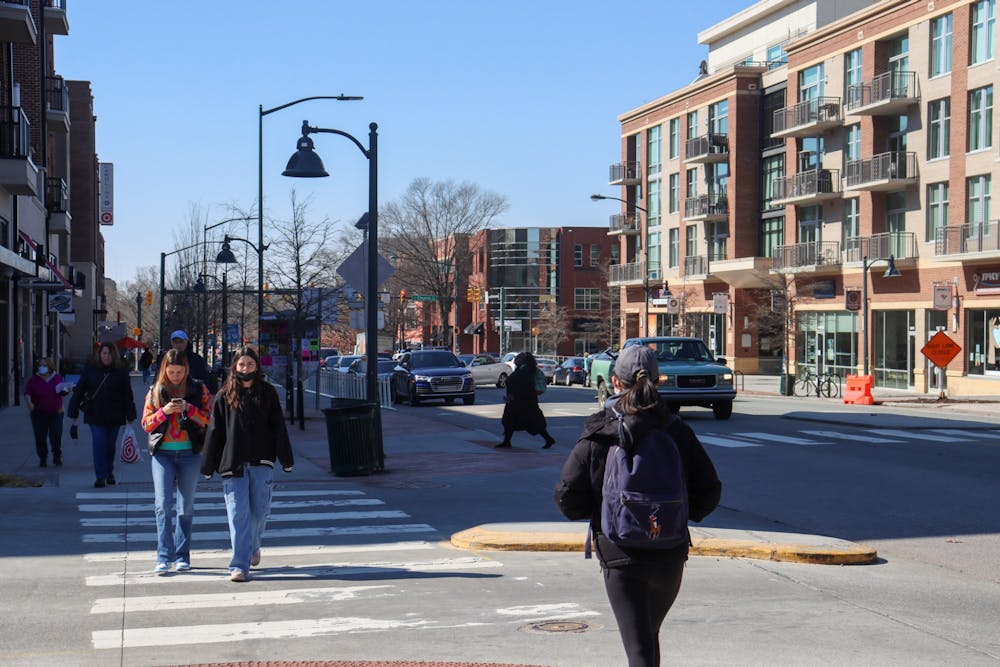Chapel Hill is facing an unparalleled traffic safety crisis. In the last several months, accidents — especially those involving pedestrians or cyclists — have captured local attention.
On Feb. 4, a biker died in the hospital after being struck by a parked vehicle on Franklin Street. Last month, a vehicle crashed into Northside Elementary's playground, injuring three children. In January alone, Chapel Hill saw five different bicycle and pedestrian crashes.
Not only are these instances tragic, but they are also preventable. But when we seek solutions to traffic safety, it is crucial that our solutions are policy- and infrastructure-oriented — not based in policing.
So often are traffic stops, tickets and fines and high-visibility policing considered viable solutions to what happens on our roads. While enforcement of traffic laws is important, it does little to prevent violations.
Ticketing and fines are merely attempts at retribution for harms that have already taken place, and classist ones at that. In response to recent traffic accidents, the Town implemented up to $300 in fines for failure to yield.
A few hundred dollars is a due that might be unjustly damaging to a low-income driver, yet not nearly as impactful for those of higher socioeconomic status.
Traffic stops raise issues on the basis of racial discrimination in policing. Data from "Suspect Citizens: What 20 Million Traffic Stops Tell Us About Policing and Race" — a book that presents data from traffic stops in North Carolina — shows Black drivers are 63 percent more likely to be pulled over than their white counterparts, despite driving 16 percent less.
Similarly, Black drivers were 115 percent more likely to be searched in the event of a traffic stop.
In a similar vein, high visibility policing has the potential to create a hostile community environment, especially for communities disproportionately targeted by police.




